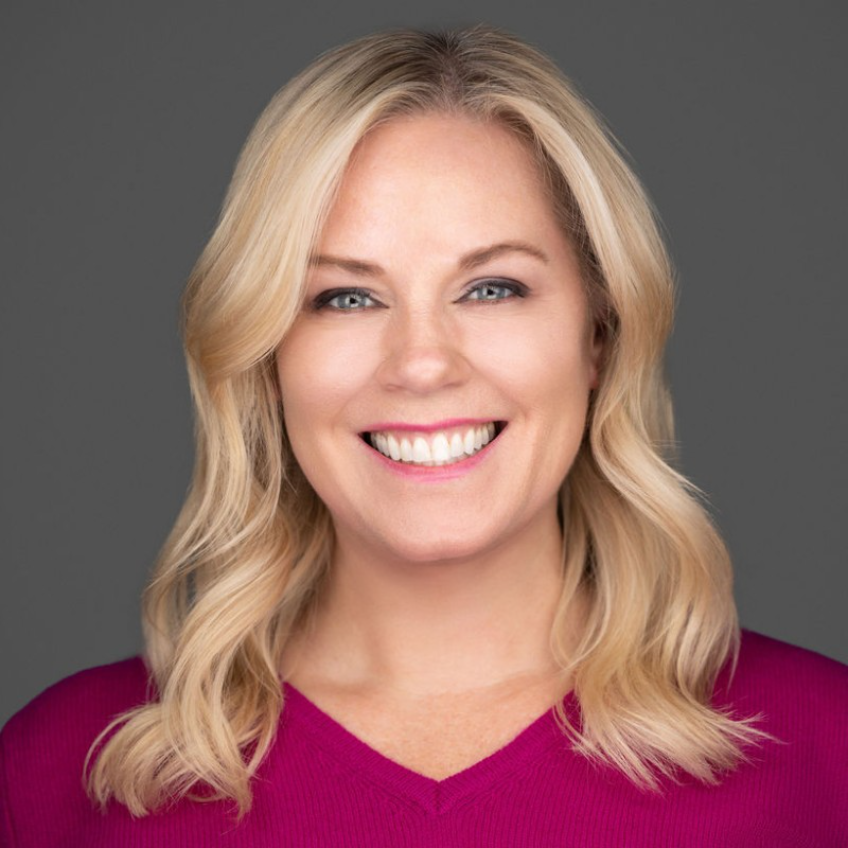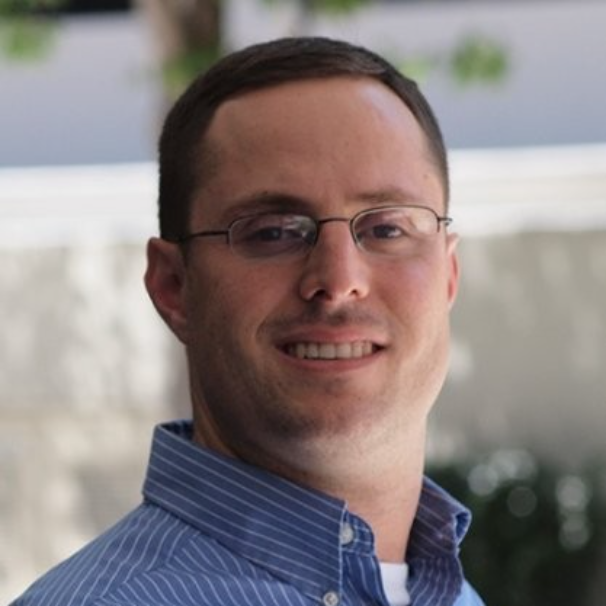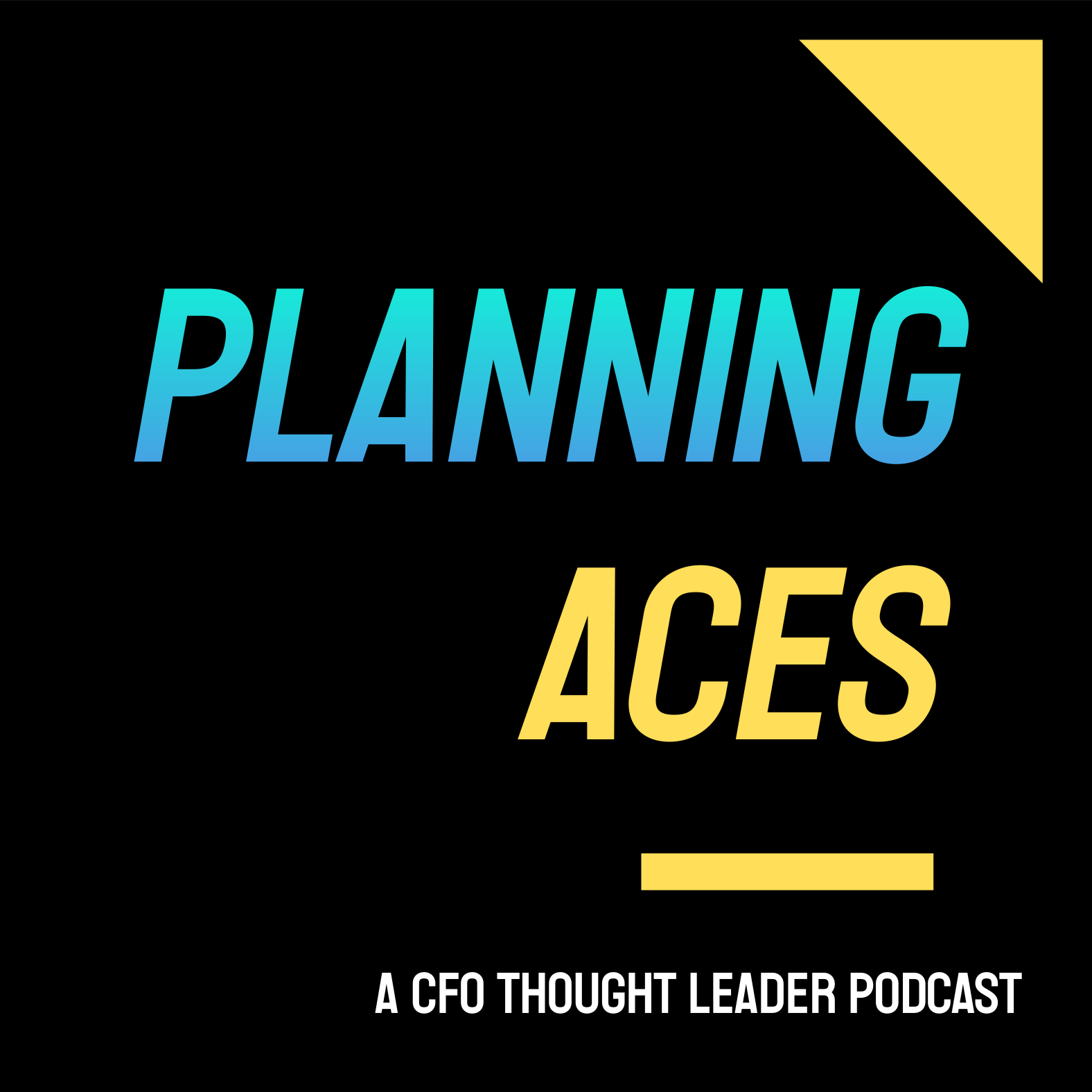922 episodes


Back in 2009, with a law degree in hand along with some frontline consulting experience, Jennifer Loo swung open the door at LegalZoom—where in short order she was tasked with architecting the fast-growing company's FP&A function from the ground up. For Loo, the responsibilities that would quickly surface at LegalZoom would not only challenge and meet Loo's career ambitions head on, but give rise to an entire career path, bringing with it her education, distinct capabilities, and potential. Suddenly, her diverse background, bridging the analytical rigor of consulting with the strategic nuance of legal training, made her uniquely equipped for the challenges of shaping a nascent finance function in a fast-evolving company. Meanwhile, Loo tells us, she benefited from a CFO mentor who demonstrated faith in her potential to spearhead such a critical undertaking. In her ascent, CFO Loo proved that when you're ready to embrace your unique path, indeed, the road does rise to meet you.


In a special episode of CFO Thought Leader, host Jack Sweeney converses with Evan Goldberg, Founder and Executive Vice President of Oracle NetSuite, during this month's SuiteConnect conference in NYC. Goldberg reflects on the company's 25 year journey, emphasizing its foundational vision that championed a unified business management suite. Goldberg also sheds light on the invaluable mentorship from Larry Ellison, Oracle's co-founder, which uniquely positioned NetSuite for success. As the discussion unfolds, Goldberg candidly shares his evolution from a product-focused executive to a versatile leader, adapting to the multifaceted challenges of a growing company. Peering into the future, the conversation pivots to artificial intelligence (AI), highlighting its indispensable role across industries. Goldberg envisions AI not just as a tool for tech companies but as a democratized asset NetSuite provides to empower businesses of all types. The dialogue further explores the shifting landscape for finance professionals, underscoring the strategic importance of technology in driving collaboration and innovation within organizations. Through this engaging dialogue, Goldberg's insights offer a compelling glimpse into NetSuite's past achievements and its forward-looking embrace of AI to shape the future of business.
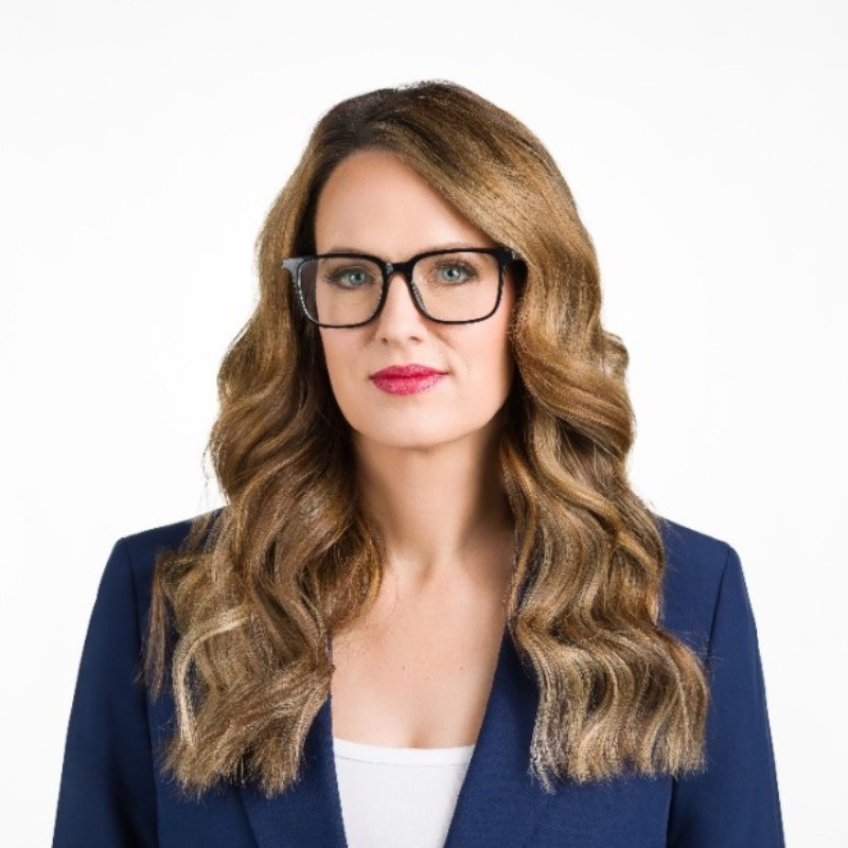

Reflecting on her career choices, Erin Sawyer tells us that one pivotal point stands out—a decision that involved moving her family across the country. This step triggered not only a geographical shift but also a change in Sawyer’s professional life, when her work alongside a CEO ultimately fueled her aspirations to become a chief financial officer. She had always been so captivated by numbers that by the tender age of 5 she had determined that her destiny lay in accounting. Her initial steps into the corporate world at Honeywell Aerospace as a cost accountant laid the groundwork for years of steady career advancement. Yet, it was her transition from accounting to a more dynamic role in financial planning and analysis (FP&A) that sparked her true passion—driving business forward through strategic finance. Sawyer’s tenure in the Yellow Pages industry during its transformational phase sharpened her skills in business transformation and strategic partnership, preparing her for the challenges ahead. However, it was an opportunity at insurance software provider Vertafore that finally aligned her with a CEO mentor, whom she greatly admired. This relationship deepened her expertise in operational excellence and marked a decisive step toward achieving her eventual CFO ambitions.
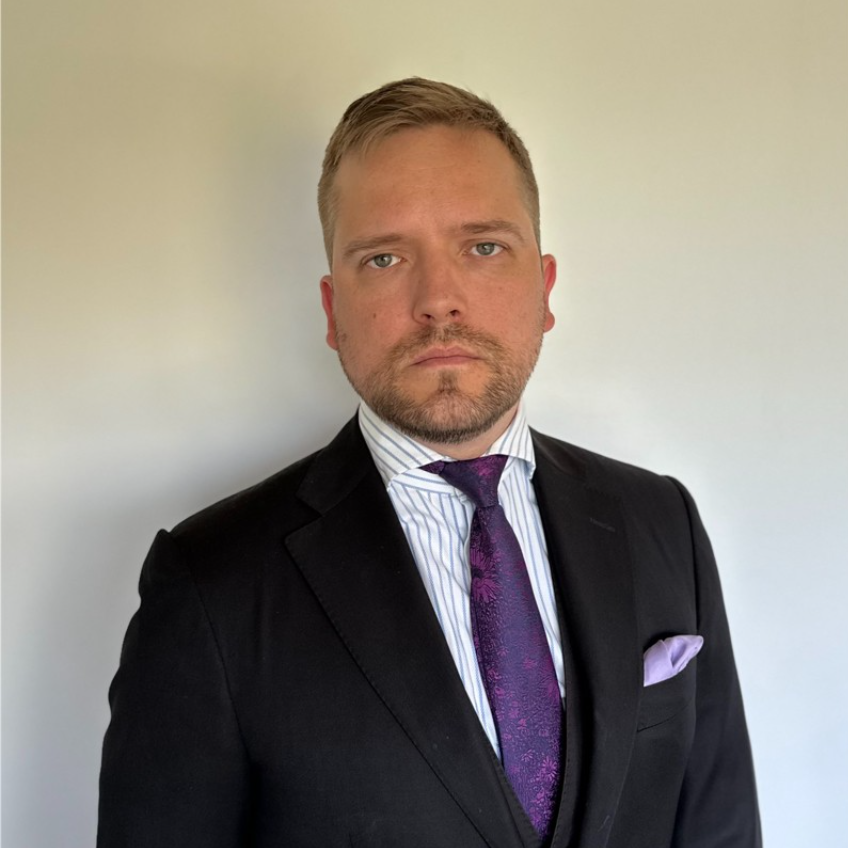

In this episode of Controllers Classified, Brex CAO Eric Zhou is joined by Daniel Hilli, Head of Business Control at Alstom. Alstom is a multinational company that builds and services trains and signaling systems. In fact, millions of people everyday are transported by Alstom trains and systems. Given the size of the company, this episode focuses on how to implement and manage financial processes across different regions and systems at scale. This includes dialogue around when to centralize vs. decentralize reporting and budgeting processes, how to find efficiencies through digitalization and tool consolidation, and the best way to build lines of communication across global teams. Daniel also does a deep dive into Alstom’s acquisition of Bombardier and the integration implications that followed - including how to bring together disparate teams and technology and how to gain a holistic financial picture of the business and its spend in a post-acquisition environment.
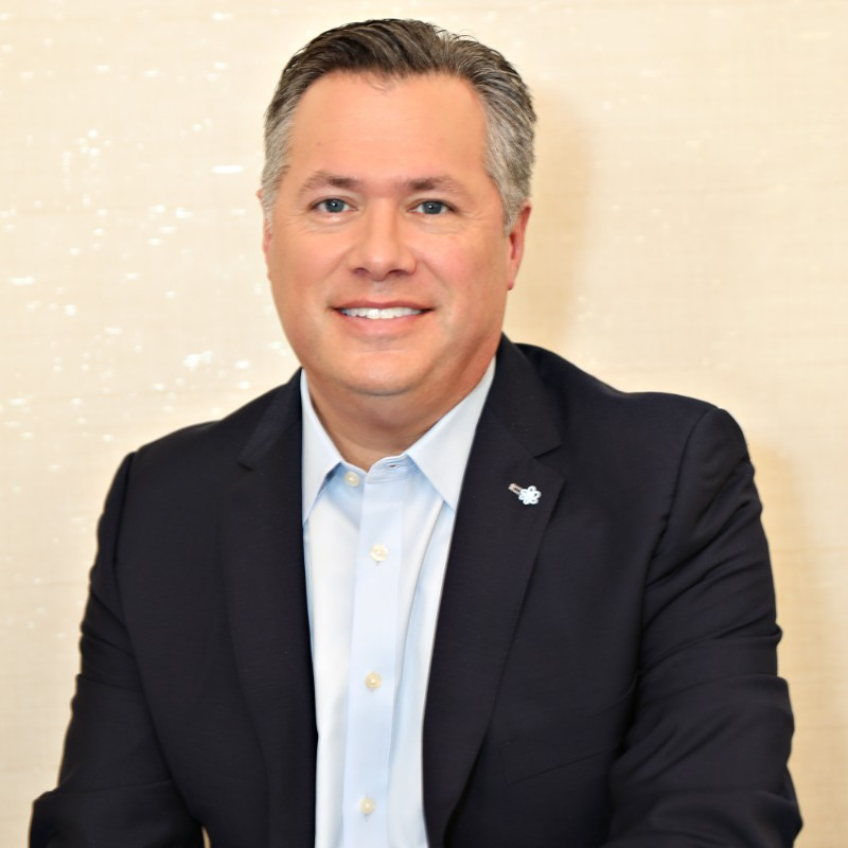

Bob Purcell’s leap into the unknown wasn’t just a step; it was a giant stride toward his future as a CFO. Early in his career, Bob faced a daunting choice: join a distressed company teetering on the brink of failure or play it safe. Driven by an unshakeable belief in his abilities and a desire to test himself, he chose the former. This high-risk, high-return career step wasn’t just about salvaging a company; it was about proving to himself that he could navigate the stormiest of waters. From his initial misgivings about audit work at Deloitte to his transformative years at Amgen, where he thrived in a culture of leadership development and diversity, CFO Purcell’s journey was anything but linear. It was a patchwork of decisions and strategic moves, each building on the last. By stepping away from the comfort of well-trodden paths and embracing the unknown, CFO Purcell tells us he was able to test himself in different environments. His story encourages aspiring finance leaders to embrace challenges, trust their capabilities, and never shy away from opportunities to test themselves. As CFO of Billtrust, Purcell is today focused on creating the right set of metrics (KPIs) for the company, preparing for growth through acquisitions, ensuring efficient operations, and fostering a diverse talent bench within the finance team. Asked about the early career leap he today credits with landing him on the CFO path, Purcell tells us he recalls experiencing few butterflies. He adds: “I knew I was right. I knew I was ready.”


In the world of finance, where leadership roles await those who distinguish themselves along a select number of familiar paths, Aaron Alt’s journey to becoming a CFO stands out for its breadth and depth, transcending conventional boundaries. Starting in law, Alt quickly found his groove inside the legal world’s cornucopia of M&A advisory services. It was here where he would realize the potency of focusing beyond legal parameters—a habit that would spur a pivotal shift in his career from emphasizing legal details to prioritizing relationships and financial strategy. From the trenches of M&A advisory to the executive suites of public companies, Alt tells us, his foundational philosophy has always revolved around the relentless pursuit of shareholder value creation—a mission that involves uncovering hidden opportunities and fortifying against potential threats. “It’s allowed me to look under a lot of rocks,” Alt reflects, underscoring his commitment to safeguarding and nurturing corporate value. It’s just such devotion that 15 months ago led him to step into the CFO office at healthcare giant Cardinal Health. Alt joined the healthcare company shortly after Cardinal had welcomed a larger and more diverse board as the result of an agreement with an activist investor firm. As part of a broader turnaround plan, Alt’s expertise is now expected to be instrumental in navigating the challenges and opportunities ahead at Cardinal, underlining the company’s readiness to embrace change and foster growth for all stakeholders. To date, a comprehensive self-review of the healthcare giant’s business remains ongoing. “We’re very focused on making sure that we are generating cash flow everywhere that we can—and we believe that if we’re consistent in our strategy and clear on our metrics for success, we can get a lot of things done together,” comments Alt, who during our discussion also offers up a strategic lesson from his tenure at Target, specifically regarding the retailer’s decision to exit the Canadian market gracefully. Says Alt: “This was one of the hardest working experiences that I’ve had, and its message has stuck with me even as I’ve needed to think about other business problems: You really need to keep an eye on the fact that at the end of the day, even as CFO, it’s not just about the numbers.”


Twelve years ago, when Matt Wolf was an investment banker at Morgan Stanley, he likely would have been alarmed to learn that his future finance career would be largely impacted by drinking and driving. Such was his destiny, though, as after a 5-year stint with the investment bank in London and New York he began to fill in his itinerary with positions in both the automotive and alcohol industries—most recently, as the CFO at DRINKS, a company at the forefront of e-commerce solutions in the beverage alcohol space. According to Wolf, his career began on a foundation of data analytics at Economists Incorporated in Washington, D.C., where he navigated the complexities of antitrust matters. This early experience instilled in him a nuanced understanding of the financial world and fueled a trajectory that would seamlessly blend traditional finance with industry regulation. In the alcohol industry, this regulatory backdrop traces back to Prohibition, which resulted in varied state-by-state regulations. What’s more, Wolf points out, both the automotive and alcohol sectors feature tiered markets with distinct roles for retailers, distributors, and manufacturers, alongside legal frameworks deeply rooted in historical context. According to Wolf, these similarities have contributed to a slower adoption of digital retail solutions in both fields, as compared to others. When asked about his “drinking and driving,” Wolf smiles: “The humor is not lost on me, but I think that in fact there are a lot of parallels between the two sectors that enable me to leverage experience from one to the other.”


Jakson Peters's journey from humble beginnings to becoming a global CFO is a tale adaptability, and continuous learning. Born in Brazil, he had initial career expectations far removed from the finance world that had their roots in the start of his working life as part of the family's milk delivery business. This early experience, so remote from his eventual home in the c-suite, laid the foundation for his future success, he explains.. From 1998 to 2002, Peters worked for DaimlerChrysler in São Paulo, a stint that marked the beginning of a corporate finance trajectory that would eventually lead the young financial planner to embark on a journey of self-improvement that would include mastering English and pursuing an MBA from Wharton in United States. With the latter in hand, Peters returned to Brazil to serve as a member of Mondelēz International's FP&A team before stepping into a number of CFO roles with midsize firms. Transitioning from his established Brazilian CFO credentials, Peters next embraced the challenge of moving to Malaysia. This move represented not just a change of location but also a leap into a new cultural and business landscape. In Malaysia, tasked with navigating the complexities of merging two competing online businesses, Peters learned how to communicate and lead in a cultural setting where "yes" can mean different things. After 4 years in Malaysia, Peters resumed his journey by moving to Dubai, where he was appointed CFO of Property Finder, a leading online real estate marketplace. Here, he leveraged his online experience to drive the company forward in the vibrant expatriate community that characterizes Dubai's business landscape. Peters's time in Dubai was not about just professional growth, though—it was about contributing to a thriving business ecosystem and reinforcing to all that his path from Brazil to international shores was continuing to be a narrative of constant learning and leadership evolution.


On this episode of Controllers Classified, host Eric Zhou welcomes Sean Soper, the Head of Financial Operations and Accounting at Alchemy, to shed light on the disruptive technologies shaping the trajectory of accounting and finance. Alchemy provides the leading blockchain development platform and as such, much of the conversation narrows in on the possible applications of blockchain in accounting. Sean begins the discussion highlighting his experience working across companies that have revolutionized whole industries with new technology. He notes that a large part of his success at these companies has been from remaining curious and developing deep industry knowledge that guides how he approaches his accounting processes and procedures. Sean then outlines his priorities in his current role at Alchemy, which include optimizing the financial close process, fine tuning reporting and analytics, and managing cash.
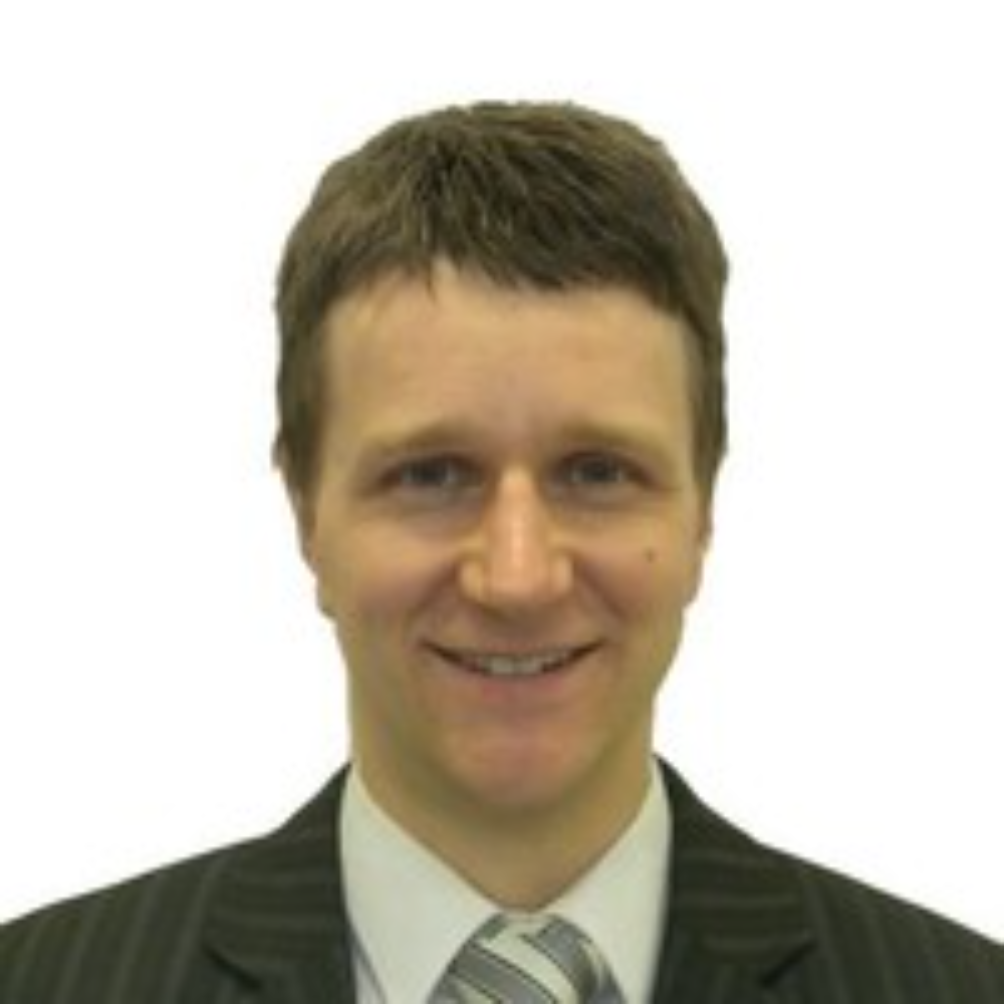

Perhaps no single experience better reveals the breadth of challenges that regularly test even the most stoic of finance career-builders than that which confronted Eric Bouchard a little more than a decade ago at Bombardier, Inc. Tasked by management with negotiating the establishment of a new aerospace facility, Bouchard navigated through complex discussions with the Moroccan government, balancing the interests of Bombardier and the aspirations of a nation. His role extended beyond mere finance: He became a diplomat, a strategist, and, most important, a bridge between diverse cultures and economic ambitions. The culmination of his efforts was a groundbreaking agreement for Bombardier that led to the opening of a state-of-the-art facility. This venture, we learn, solidified Bombardier’s global footprint and at the same time contributed significantly to Morocco’s industrial development. Bouchard’s remarkable record of being a mild-mannered technical accountant who transcended the bounds of traditional roles to become a key player in international negotiations highlights how finance can open the door to adventurous chapters seldom accessible to marketers or even sales teams. Now far removed from the familiar corridors that he once roamed as what you might call an everyday accountant, Bouchard proudly recalls that this was an endeavor that not only challenged him professionally but also paved the way for Morocco to enter the elite circle of countries that have an aerospace industry.
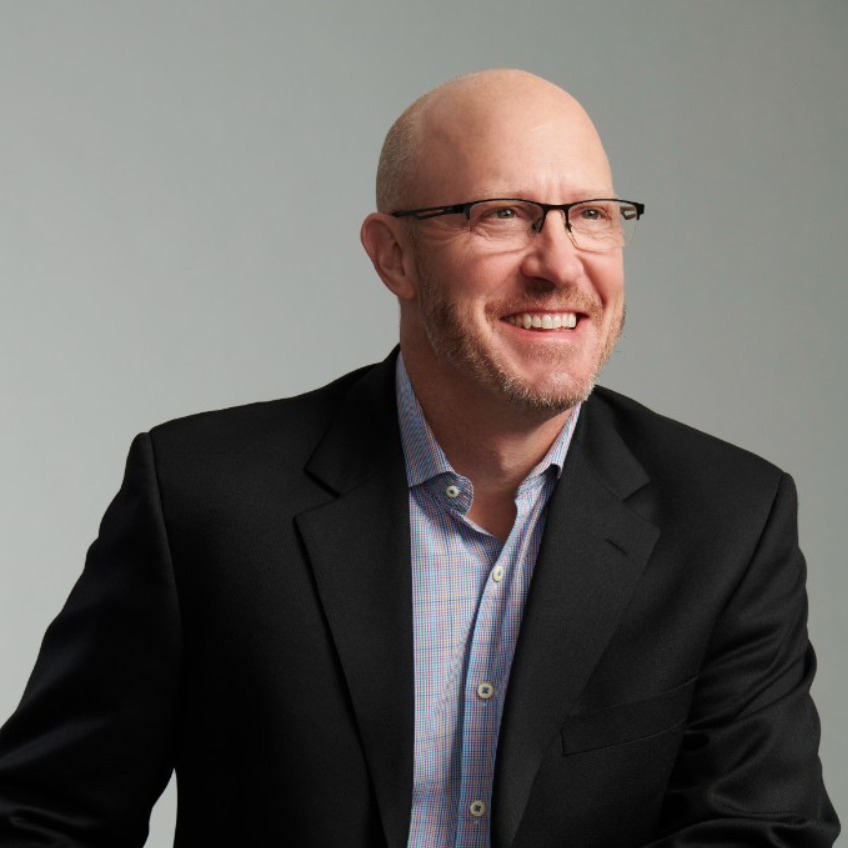

Looking back at his 26 years at Intel Corp., Jeff Woolard has more than a few moments of important discernment from which to choose when we ask for a single finance strategic moment. Nevertheless, without hesitation, he takes us back in time to when the giant chipmaker was experiencing a recurring mismatch between the products that it was developing and the market’s purchasing trends—specifically in the PC sector. “If you were to map both what people wanted to buy and what we were building, you would see this kind of disconnect,” recalls Woolard, who upon closer observation realized that while consumer buying behaviors had remained consistent, Intel’s product designs and manufacturing processes had evolved without alignment. Woolard would propose a novel approach: redesigning Intel’s product road map to focus on four specific cost points that matched consumer demand and the company’s margin goals. This strategic insight led to a shift in how Intel approached product development, ensuring that new products were designed with these cost targets in mind from the outset. A recurring theme in Woolard’s career journey has been the necessity of continuous learning and adaptability. He underscores the significance of making an impact and adding value within an organization. He illustrates how, at Intel, the expectation and opportunity to influence business outcomes were directly pivotal in his career growth. This aspect of being able to see and measure the impact of his work is highlighted by him as a distinctive and rewarding part of his experience at Intel.


Lessons from Craig Wert’s finance career reveal the power of adaptability, problem-solving skills, and the ability to seize opportunities in unexpected places. Having started his career without a clear road map to the future, Wert later found that his liberal arts background and early experiences in investment banking had laid a good foundation for a career that might have led in any number of directions. What began to set Wert apart, however, was his innate ability to troubleshoot. Throughout his career, he was frequently called upon to solve complex problems, whether operational challenges at RCN or financial crises at Vonage. This knack for troubleshooting didn’t just resolve immediate issues, though: It also began to reveal to upper management his maturing strategic acumen and resilience. Every challenge overcome was a stepping-stone that led to increasing trust and the opening of doors to new opportunities. Today, Wert’s evolution from troubleshooter to CFO of Jobber has proven to be a journey that has endowed him with the ability to anticipate obstacles and swiftly implement effective solutions. As Jobber seeks to expand its market presence and enhance its financial structure, Wert’s troubleshooter mentality suggests that the firm will likely be taking a proactive approach to growth, risk management, and innovation inside the competitive SaaS landscape.


On this episode of Controllers Classified, Brex’s CAO Erik Zhou is joined by Sowmya Ranganathan, OpenAI’s Controller. The conversation begins with a discussion on Sowmya’s career and her diverse experiences as an auditor and as a finance leader at both public and private tech companies, including Square and Rippling prior to OpenAI. Specifically, she highlights some of her insights for accounting during periods of business hypergrowth (i.e. when OpenAI launched ChatGPT) and the increasing need for technical savviness even as a finance professional (ex: Sowmya learned SQL as a way to manage the processing and analysis of a large data set of transactions at Square). She concludes her career overview with this advice: accounting leaders need to consider where their processes would break down if they were to grow quickly and focus their time and effort on making sure those processes are as scalable and automated as possible (hint: it requires building relationships with engineering).
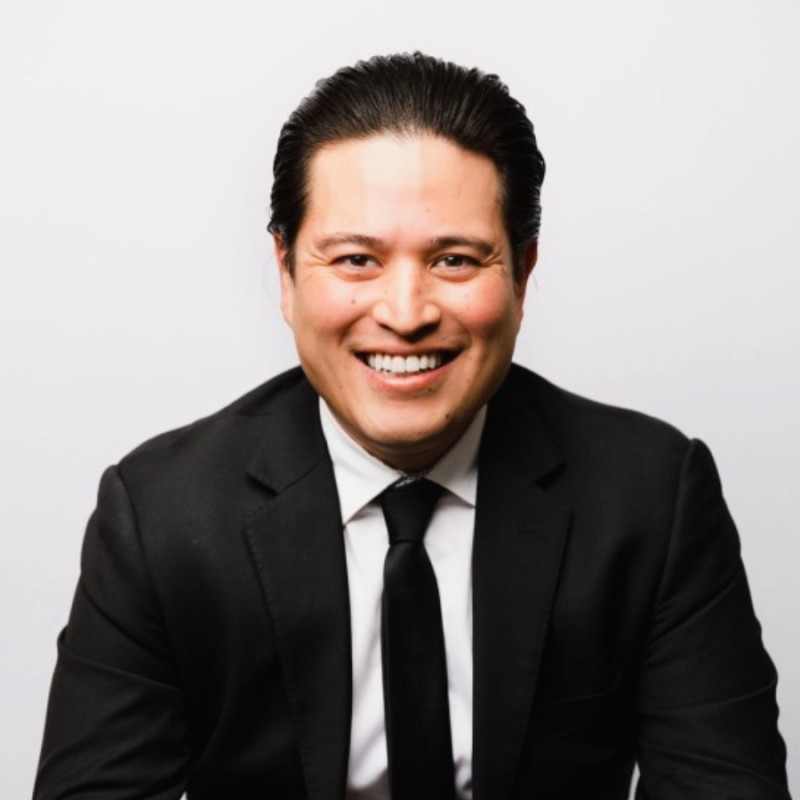

It’s the type of story that we can’t resist repeating, and one that without question underscores Eric Jenny’s entrepreneurial spirit. Still, the entertainment value of his tale of zapping wasp nests with a homemade rubber band gun for a dollar a pop was at risk of eclipsing the more traditional milestones that populate a career path otherwise defined by strategic decision-making and an innate ability to identify and capitalize on opportunities. During his stints in public accounting and the tech industry, Jenny tells us, he enjoyed immersing himself in the dynamics of fast-paced technological advancements and entrepreneurial business growth strategies. At SOCi, CFO Jenny’s data-driven approach has led to pivotal decisions, such as focusing on enterprise clients, that have showcased his adeptness at steering the company through the complexities of the digital marketing landscape. Asked about his finance mind-set, Jenny recounts his commitment to curiosity and unwavering quest for greater efficiency. However, we’d argue that it’s Jenny’s entrepreneurial bent that most resonates with us—forever accented by those wasp nests.


It was during a 9-year tenure at food giant ConAgra Brands that Alejandro Castro became involved in a companywide initiative that would forever alter his approach to leadership and strategic thinking. Born and raised in Mexico, Castro had begun his professional voyage at Price Waterhouse, where he launched a public accounting career from the accounting house's Mexico City office. After ConAgra came knocking several years later, he accepted a position within its Mexico operations that eventually led to a promotion involving relocation to the U.S. and the firm's Omaha headquarters. Castro tells us that this move was pivotal, offering him exposure to the food giant's global operations and strategic involvement at a high level that included participation on a board of directors in Asia. Still, Castro's path took somewhat of an unexpected turn when ConAgra's CEO approached him to help spearhead an initiative designed in part to boost efficient decision-making across the company. In short, ConAgra management had sanctioned the companywide adoption of the GE Work-Out methodology, and Castro was to be stationed along the implementation's front lines. Division presidents, unit leaders, and factory workers alike all now came to be spending face-to-face time with Castro so that everyone together could identify existing behaviors or practices that were undermining efficient decision-making. Castro recalls: "We were able to fix issues that had existed within the company for years and years. We did this by connecting the people who really knew what was going on—the people who were close to the job—and this quickly made a big difference." Now, what might have appeared on paper to be but one career assignment among many suddenly began to accelerate Castro's own understanding of business operations while further establishing his reputation across the company as a leader known for fostering collaboration and driving meaningful change. Says Castro: "For me personally, it was the interaction with the people and talking about the different issues that really altered my whole view of the business."


Not unlike that of many of her CFO peers, Rachel Stack's journey toward becoming a CFO has been punctuated by pivotal transactions. No single example of this turns out to have been more complicated or rich with lessons than what Stack refers to simply as "the take-private of Zayo." However, before the path forward for Zayo was made clear, there had been a moment of strategic recalibration that would test her resolve and shape her approach to future challenges. Reflecting on this period, Stack shares: "One big strategic moment has to have been when the attempted split of Zayo into two separate entities was being considered. We thought about splitting it into a fiber company and an enterprise firm." The plan, aimed at unlocking value and sharpening strategic focus, did not go as planned. "The market's response was immediate and clear," Stack recalls. "The stock was down, I want to say, by 20%." This moment of adversity, however, was far from a setback in Stack's eyes. Instead, it became a defining moment that refined her strategic thinking. "It was a clear message from the market that they didn't think that this was the way forward for Zayo," Stack explains. The feedback from the market, which was invaluable, led Stack and her team to reconsider their strategy and ultimately reconsider the take-private transaction. "The take-private of Zayo was a significant turning point for me," Stack reflects. The complex negotiations, the building of relationships with different potential acquirers, and the ultimate decision to go with Digital Bridge and EQT showcased her ability to navigate through uncertainty and emerge with a strategic victory. "The whole experience was an entire adventure on its own," she muses, on the challenges faced during the transaction. This episode of strategic redirection, followed by the successful take-private transaction, exemplifies Stack's resilience and strategic acumen. Her journey underscores the importance of being adaptable, learning from the market, and maintaining transparency and honesty in all dealings. As CFO of Cologix today, Stack tells us, she has brought these lessons to bear, as she helps to steer the company through growth and change, while never losing sight of the fact that in moments of adversity, there always lies an opportunity for growth and strategic recalibration.


On this episode of Controllers Classified, Brex’s CAO Erik Zhou is joined by Angelina Hendraka, the CAO at Redis. The conversation begins with a recap of Angelina’s diverse experiences across financial services, biotech, and SaaS companies. Angelina notes that while KPIs shift based on business strategy & industry, the transition from one industry to another in her career has felt seamless given finance is the universal language of business. Erik and Angelina also discuss the transition from big 4 accounting firms to controllership, and the evolution of one’s approach with that transition (i.e. from being deep in technical accounting to thinking more broadly and operationally). The conversation then turns to recapping a recent panel discussion that Angelina participated in related to women in the workplace and fostering inclusive work environments. She shares her perspective on what it means to be an inclusive leader, and what more leaders can be doing to ensure diverse representation in finance and accounting. The dialogue pivots to some critical financial topics including how to make strategic and thoughtful spend decisions in the current cost containment environment, the role of a strategic procurement function in enabling smarter spend, and important financial processes for post-IPO success, including SOX readiness.


It’s an all-too-familiar tale among the ranks of senior finance executives: A private equity firm acquires a company, reshuffles the finance team, and reserves the top finance spot for one of its own portfolio CFOs. At Qlik, though, this story had a less familiar ending—or at least one that did not include a portfolio CFO. Instead, back in 2016, when Thoma Bravo acquired King of Prussia, Pennsylvania’s Qlik, a seasoned veteran of the latter’s own finance team—Dennis Johnson—entered the CFO office. For Johnson, there’s little question that his appointment validated the 8 career years that he had already invested with the company, a period during which he had sought to routinely contribute to the company’s growth and ongoing strategic transformation. It turns out that his senior finance roles—and in particular his involvement in the transition to a subscription-based model—had demonstrated his strategic vision and capacity for managing change effectively and thus opened a new door. CFOTL: Tell us about Qlik … what doe


Elizabeth Mann began her career as a mathematician in academia, spending a decade in the field. Her initial plan had been to become a professor, on a path that would start with a Ph.D. and a postdoc. However, something was missing. Eager to engage more directly with the world at large, she pivoted her career toward finance. Mann found a door of entry at Goldman Sachs, where after initially filling a quantitative role involving complex financing structures she subsequently transitioned to investment banking and a new focus on M&A and corporate finance in the tech and media sectors. After more than decade with Goldman Sachs, she moved to S&P Global. Here, after first handling such corporate finance areas as treasury, tax, and capital allocation, she eventually stepped into a divisional CFO role. This was her first experience on a leadership team, which offered her a broader view of running a business and deepened her operational expertise. Mann’s journey led her to become CFO of Verisk, a provider of data, analytics, and technology to the insurance industry. Here, she focuses on leveraging the company’s foundation in data and analytics to enhance its offerings in the insurance sector, particularly in the face of challenges like climate change and technological advances. Her role now includes overseeing an extensive finance transformation, involving the upgrade of the company’s ERP system. Looking back, Mann doesn’t second-guess her investment of early career years inside academia—if anything, she seems to value them all the more. Says Mann: “Those years were not wasted. I learned a lot about rigor and about how to think about things in a clear way and independent way, have the agency to come up with your own views and perspective, and really pursue an idea to its logical conclusion.”


This episode of Planning Aces we feature three finance leaders advance as "voices of reason," as they help to manage their company's response to the pandemic and its aftermath. They demonstrate agility, strategic foresight, and the ability to balance short-term responses with long-term planning. The discussion emphasizes the importance of FP&A professionals being adaptable and strategic in facing unpredictable market conditions.


It was the type of introduction that any MBA student would envy, and one at which David Snyder, 35 years later, still marvels. Back in the late 1980s, a business school classmate introduced him to notable investor and billionaire tycoon Sam Zell, who subsequently offered Snyder a job. Without hesitation, Snyder accepted Zell’s offer and in short order began working for him in Chicago, where he joined a group of recent young graduates whom Zell had recruited to help inside the realm of corporate acquisitions. More than any one deal or acquisition target, Snyder recalls, the greatest lessons from his days with Zell came from the sideline conversations. “Just by my proximity to Sam, I learned a lot—he had sort of a Socratic approach, whereby we would have a dialogue with him in which he would begin sharing the investor’s point of view and how an investor thinks about the operating prospects of a given investment,” remembers Snyder, who adds that from those days onward he has always “come to the table” thinking like an investor. He reports: “I’ve carried this with me through all of the ensuing 30 years.” Snyder’s exposure to Sam Zell and his work in corporate acquisitions honed his strategic thinking skills. He emphasized the importance of understanding the investor’s point of view and translating business strategy into financial terms.


Like many of her CFO peers, Karen Walker had an early career that was guided by abundant opportunities surrounding finance-driven decision-making within organizations. It was a path that often led Walker to engage more closely with sales and operations, as was the case at CNET Networks, where she tells us that she recognized the limitations of embracing a strictly “rules-based” approach in finance. It was at CNET that she embraced a more transformative perspective—prioritizing the customer’s objectives and challenges. This shift in thinking, emphasizing a customer mind-set, would continue as she advanced in her career. At PagerDuty, the philosophy became instrumental in addressing the company’s rapid growth challenges. Now, as CFO at Sysdig, Walker tell us that it’s this commitment to understanding customer needs that guides the company’s approach to cloud security. Her journey reflects a progressive integration of customer-centricity into financial leadership, showcasing its adaptability and efficacy in diverse business environments. Says Walker: “I think that one of the things that I have really learned over the years—and espouse as a philosophy—is that every employee—which includes, of course, finance—should really have a customer mind-set and really put the customer at the center of every decision that is made.”


This Episode is CFOTL Special Supplement. Franklin Templeton Chief Accounting Officer Lindsey Oshita expains how challenges faced during an ERP integration following a merger and the massive IT commitment it entailed. She highlights the significance of a chart of accounts and their potential adaptations, along with her team’s successful implementation of Workday at the start of the fiscal year. Lindsey Oshita is the Chief Accounting Officer, Americas at Franklin Templeton. She’s spent 14 years at Franklin Templeton in various financial leadership positions, and was at Deloitte prior to that. Lindsey graduated from UCLA with a Bachelor’s Degree in Economics and a minor in Accounting.


* CFO Michael Perica’s career journey began with an opportunity to work as a junior analyst for a national capital markets firm, where he would find a billionaire mentor. According to Perica, his association with the billionaire would ultimately offer him access to influential networks and unique opportunities. From his early days onward, Perica tells us, he became skilled at building connections with successful individuals—an expertise that would open the door to a diverse range of opportunities. Perica’s entry into the CFO role during the COVID-19 pandemic—which occurred remotely, meaning that he didn’t meet his colleagues in person until several months later—perhaps highlighting his adaptability. Successfully leading a team without in-person interactions speaks to his ability to navigate challenges and maintain effective leadership—as so many of our finance leader guests have pointed out.

